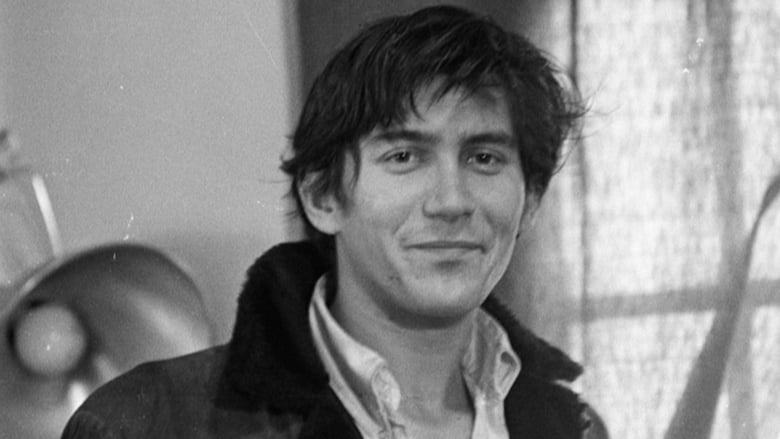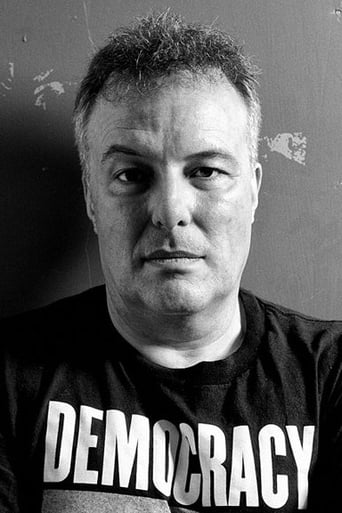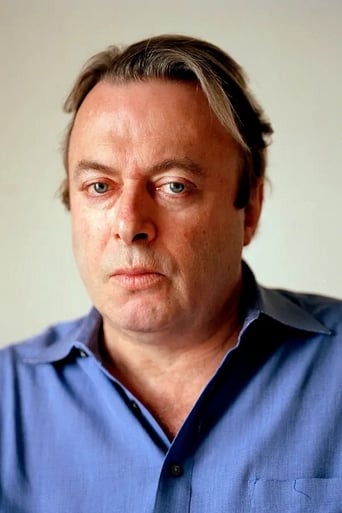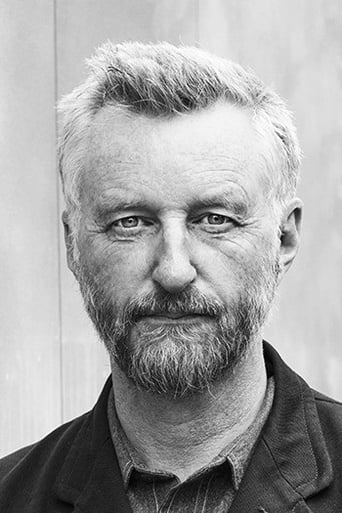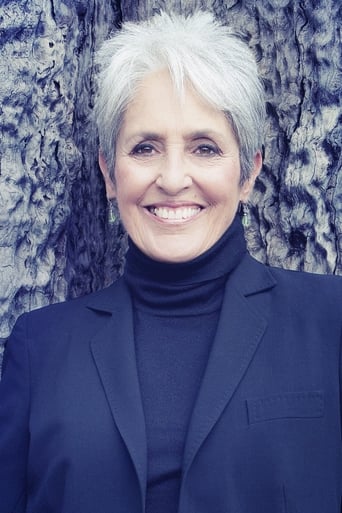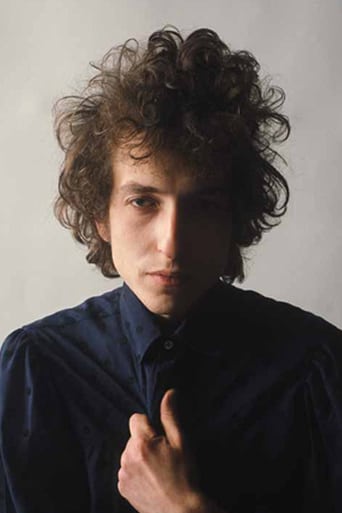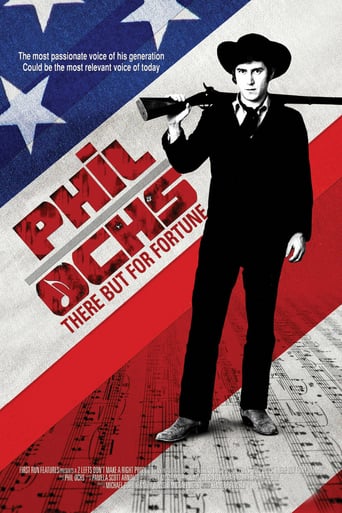
From civil rights to the anti-war movement to the struggles of workers, folksinger Phil Ochs wrote topical songs that engaged his audiences in the issues of the 1960s and 70s. In this biographical documentary, veteran director Kenneth Bowser shows how Phil's music and his fascinating life story and eventual decline into depression and suicide were intertwined with the history-making events that defined a generation. Even as his contemporaries moved into folk-rock and pop music, Phil followed his own vision, challenging himself and his listeners. Not one to pull punches, Ochs never achieved the commercial success he desperately desired. But his music remains relevant, reaching new audiences in a generation that finds his themes all too familiar.
Reviews
To me, this movie is perfection.
If the ambition is to provide two hours of instantly forgettable, popcorn-munching escapism, it succeeds.
This movie was so-so. It had it's moments, but wasn't the greatest.
One of the worst ways to make a cult movie is to set out to make a cult movie.
"Liberty and Justice For All"...... Originally from El Paso, Texas - Phil Ochs (December 19, 1940 – April 9, 1976) was a protest singer and songwriter who was known for his sharp wit, sardonic humour, earnest humanism, political activism, insightful lyrics, and distinctive voice. He wrote 100s of songs in the 1960s and 1970s and released 8 albums.Ochs strongly believed that his generation would change the world. He performed at many political events during the 1960s counterculture era, including anti-Vietnam War and civil rights rallies. Ochs described himself as a "left social democrat" who became an "early revolutionary" after the protests at the 1968 Democratic National Convention in Chicago led to a police riot, which had a profound effect on his state of mind.This "There But For Fortune" documentary is definitely a worthwhile look at the man and the era in which he stood for in American history.
I have missed hearing Phil Ochs for a long, long time. This brought back some of those amazingly political times in which he was so instrumental. No one seemed to have the complete dedication and full on driven voice for us since. He always was there when needed and he always had an intelligent and beautiful voice to say so. He fought for the disenfranchised, the downtrodden, those victimized by the government, both in the U.S. and abroad. This movie captures his unfailing work for those wonderful ideas and people he embraced. The only thing that could have improved this movie was to make it longer and with more of Phil's performances. In the end, it is a tragedy due to his bi-polarity, but thank heaven he was here for some time anyway.
I went originally to see this documentary because I loved Ochs music - even played some of it badly at one time - but feared it might simply be a 'trip down memory lane'. But the film is so much more than a bio of Ochs and his music or - thank god - just an exercise in nostalgia. It really captured the power and significance of the historically altering events of the 60's - both for the country and for individuals. I wish everyone - especially young people - could see it. Ochs comments in the film that Nixon used the stereotype of a drugged out-of-control protester to present the masses with the false choice of himself or 'those'. Of course that strategy of fear and false political choices is not unique to Nixon - always existed and still does. Nonetheless,it still saddens and angers me that conservatives have succeeded so well in shaping the historical lens that most people see the 60's through now. Most people today simply think of drugs, sex, rock-and-roll, and self-indulgence when they think of the 60's. Lost is any mass knowledge of what happened in Birmingham, or to martyrs like the Philadelphia Three, or the work of thousands of sincere people like Ochs who fought for fairness. The film captures this split - how the 60's was really two segments - and just as Ochs lost his way after Chicago - so did the nation. I don't have a problem with the fact that there wasn't more musical footage of Och's music in the documentary. There was enough to present his music and place in the folk scene of his time. Other sources can fill in more of his music - and hopefully people who aren't familiar with his music will do that. One documentary cannot be three films - i.e. personal bio, musical compilation, and historical analysis. It needs to have a focus and point of view. And,for me, this film captured the power and impact of his music, and how his personal life followed - sadly - the country's loss of trust and hope.
This movie was a stunning and stirring tribute to two things: 1)The beloved (and neglected) musician, Phil Ochs, and 2)The oft- tributed 1960's. Weaving the topical songwriter's biography through the fascinating history of his time helps to make sense of the indelible stamp which that decade left on our souls. Appropriately, it doesn't end well, but it does capture that "we can change the world" empowerment that may presently and forever be rekindled. Here you will find beautiful music(but seldom the whole song) and filmed insights into the early Greenwich Village folk scene, the riots at the 1968 Democratic Convention, the assassination of the Kennedy's, and as Phil embraced the world-at-large, the CIA-backed coup that helped install South American dictator, Pinochet. Here is understanding for that phrase, "the personal is political and the political is personal." The real power-punch is that once you know his songs.. The themes are regrettably still relevant after 40+ years ! Sample these lyrics (from 1965), "We own half the world, Oh Say Can You See. And the name for our profits is democracy. So like it or not you will have to be free. Cause we're the cops of the world." Well, one update is necessary.. Because of those imperialistic policies we no longer own half the world. If only Phil were with us now I have no doubt he could have similarly and poetically explained the financial collapse, the tea party, Citizens United, Iraq and Afghanistan, and the Wisconsin attack on unions. His manic-depressive curse was to perceive the world through a deeply felt lens of social justice which filtered out media distortion and political complexities and distilled the truth into a tune you could hum. Many "protest singers" of the time attempted this but nobody did it better.
Top Streaming Movies











